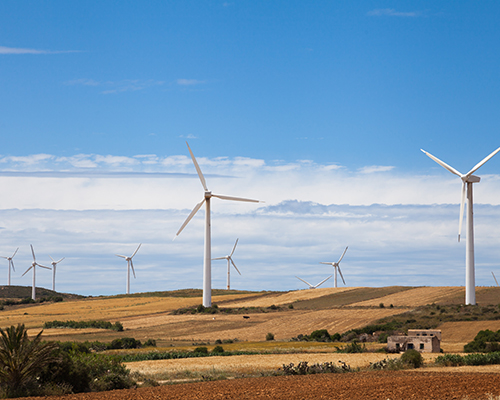CSSN Scholar Kathryn Hochstetler published a book exploring the intersection of renewable energy and climate politics in the developing world.
Book Description:
Global climate solutions depend on low-carbon energy transitions in developing countries, but little is known about how those will unfold. Examining the transitions of Brazil and South Africa, Hochstetler reveals how choices about wind and solar power respond to four different constellations of interests and institutions, or four simultaneous political economies of energy transition. The political economy of climate change set Brazil and South Africa on different tracks, with South Africa’s coal-based electricity system fighting against an existential threat. Since deforestation dominates Brazil’s climate emissions, climate concerns were secondary there for electricity planning. Both saw significant mobilization around industrial policy and cost and consumption issues, showing the importance of economic considerations for electricity choices in emerging economies. Host communities resisted Brazilian wind power, but accepted other forms. Hochstetler argues that national energy transition finally depends on the intersection of these political economies, with South Africa illustrating a politicized transition mode and Brazil presenting a bureaucracy-dominant one.



